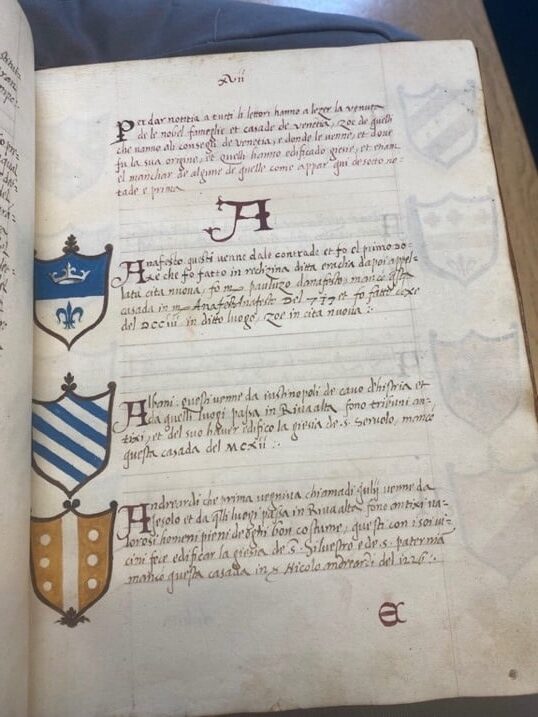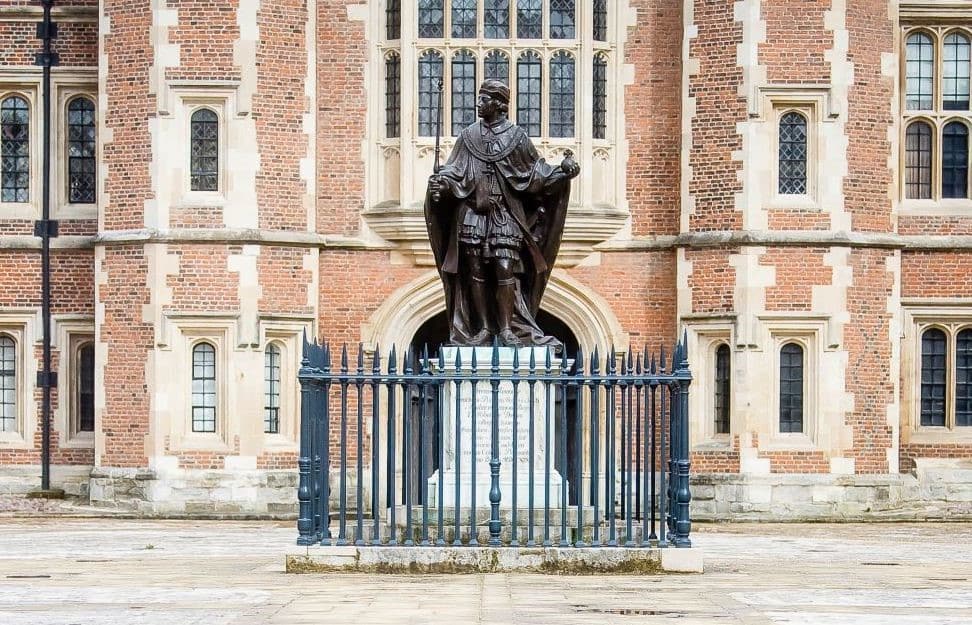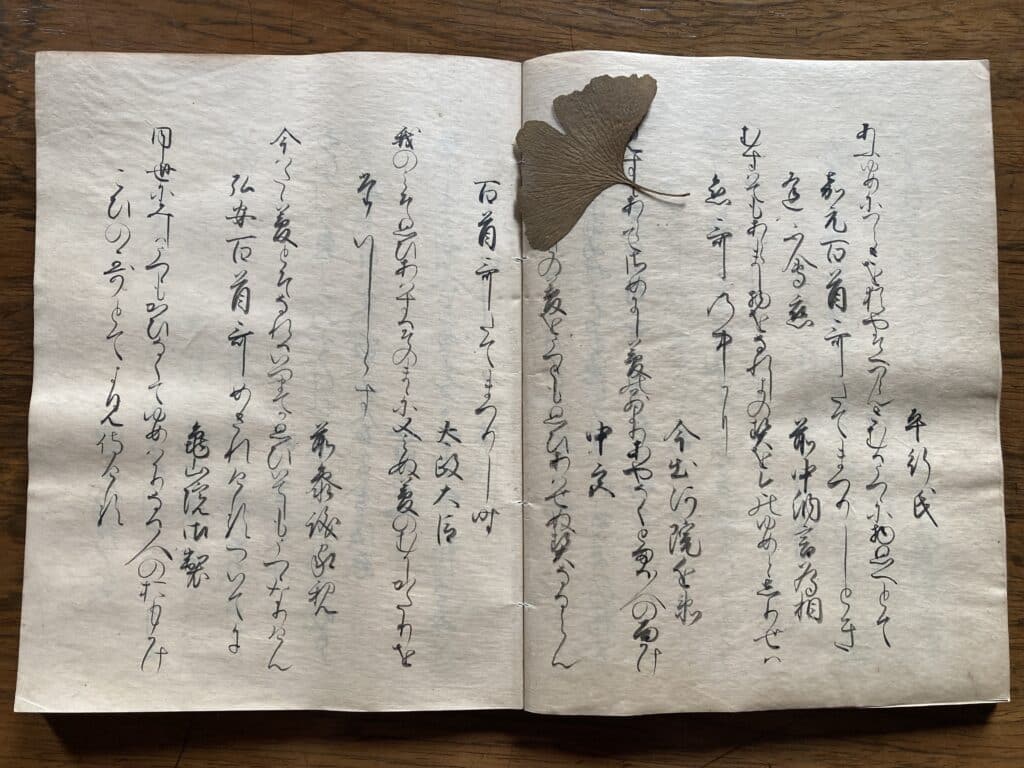The ‘Venetorum nobilium liber’ (‘Book of the Venetian Nobility’, ECL MS 193), a 16th century manuscript written in Italian, has multiple connotations and implications of power. It is probable that it arrived in Eton with Sir Henry Wotton when he was appointed as Provost. The first way in which I think that this book is a powerful object is its subject; a directory of noble families who were able to vote in the Grand Council. The inclusion of families in this book both celebrates and underpins their power. This is further shown in the luxurious presentation of the volume, with intricate family crests painted and shaded with great care. A good example of this is in the first family crest of the ‘Anafesto’ family, where the crown is shaded with so much detail that it almost seems three dimensional.

Another reason why this book is such a symbol of power is because of the idea of connoisseurship. Because it was brought back by the Provost, it showed his own personal power, financially, intellectually and politically: on one hand it suggests how well travelled and politically respected the Provost was (because it came from Venice where he had been Ambassador for the King) and on the other hand the simple act of owning these types of books which were so highly regarded in Venetian life that they were known as ‘Libri d’oro’ (‘Books of gold’ in Italian) highlighted his intellectual curiosity and education and therefore further enhanced his power. Thirdly, this particular manuscript represents an item of power within the Eton College Collections itself. At some point after the death of Wotton, in the late 16th/early 17th century, the book was bound in calf leather and gilt edging was added to the pages (turning the object in to a literal ‘libro d’oro’). This embellishment added another layer to the value and significance of the object. The luxurious finish enhanced the symbolic value of the book, and this in turn helped to the enhance the value of the Collections themselves, reflecting the financial and cultural power of the College itself.
Inigo S, winner of the 2023 Collections Prize
This post has been excerpted from Inigo’s winning essay. The annual Collections Prize is open to Eton boys in C Block (Lower Sixth). It is an opportunity to research and write beyond the curriculum, with a focus on selected objects from the College Collections. In 2023, entrants were asked to select three objects to illustrate the theme ‘Power’.



